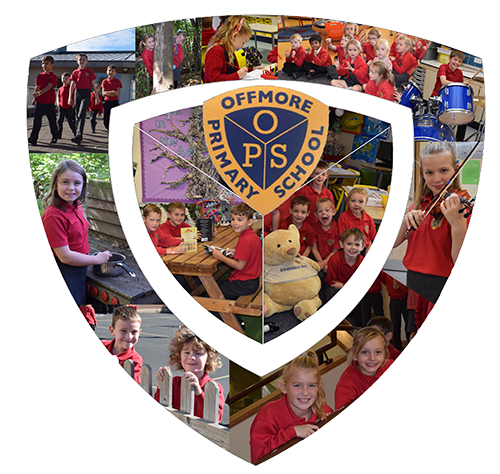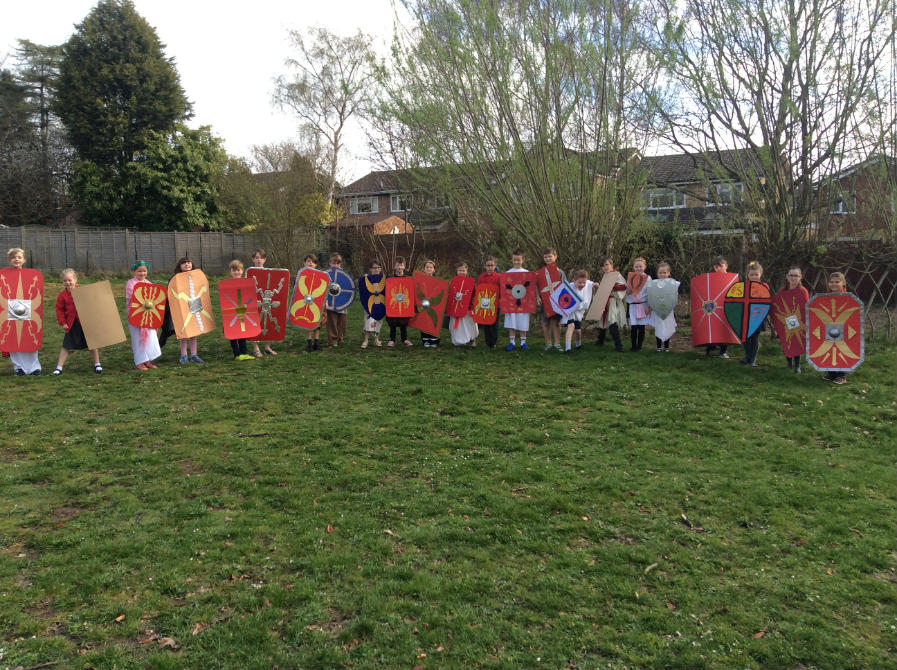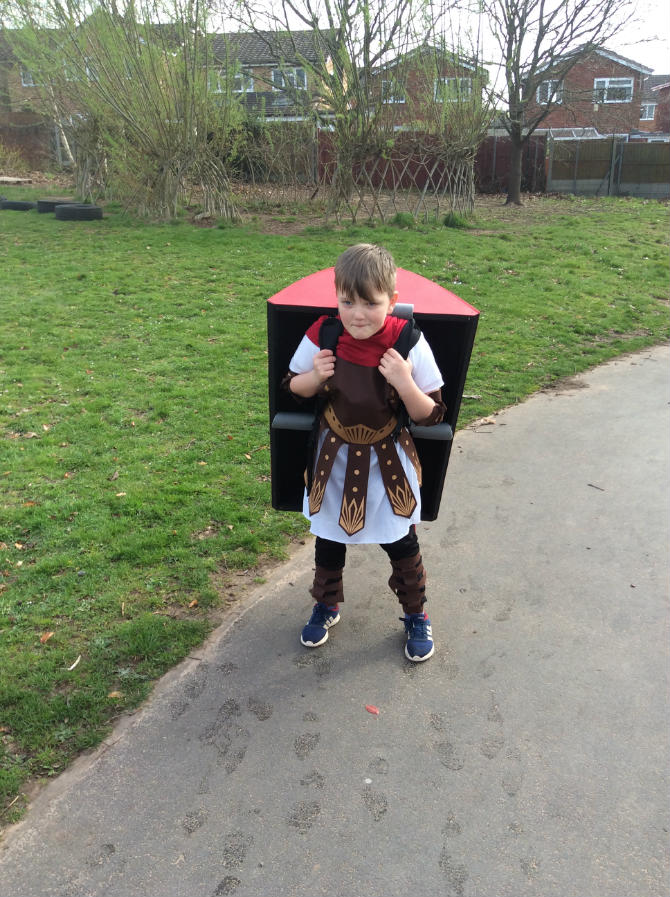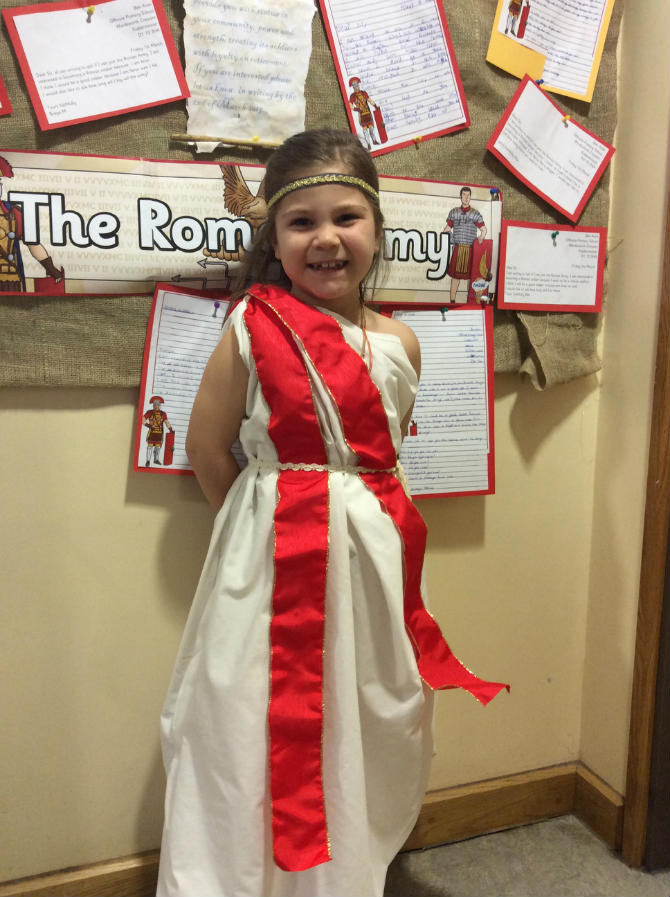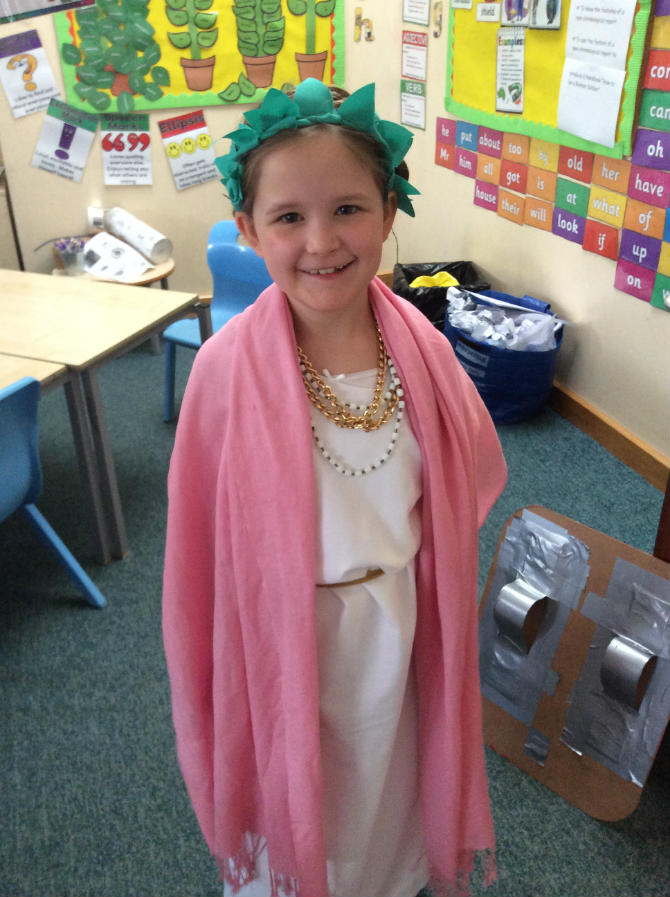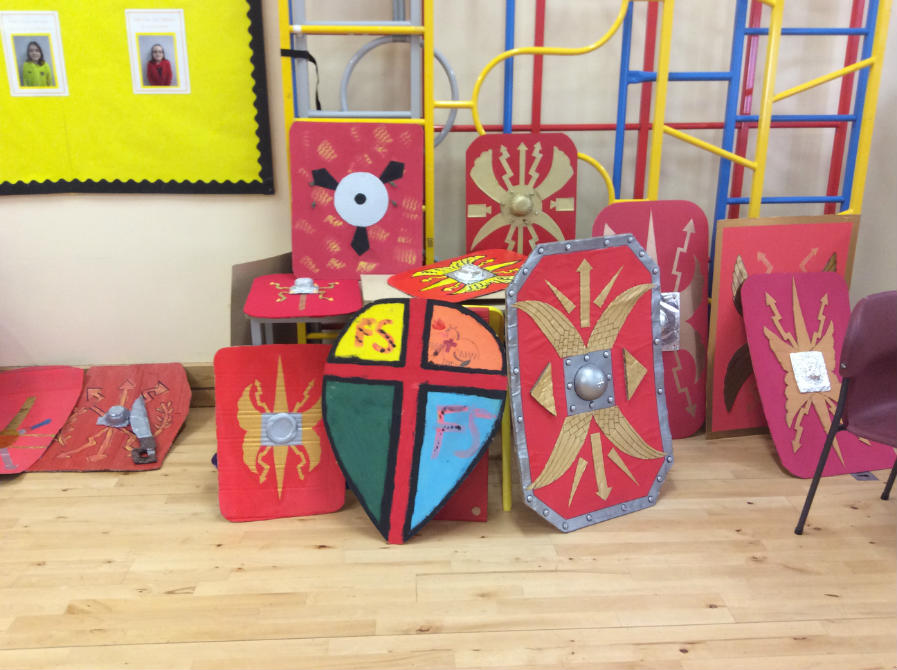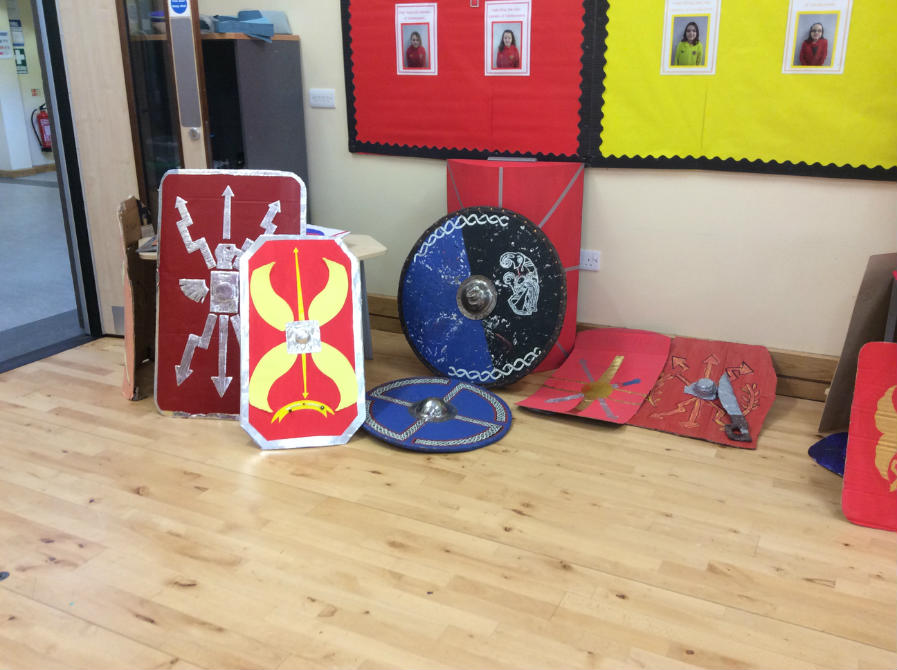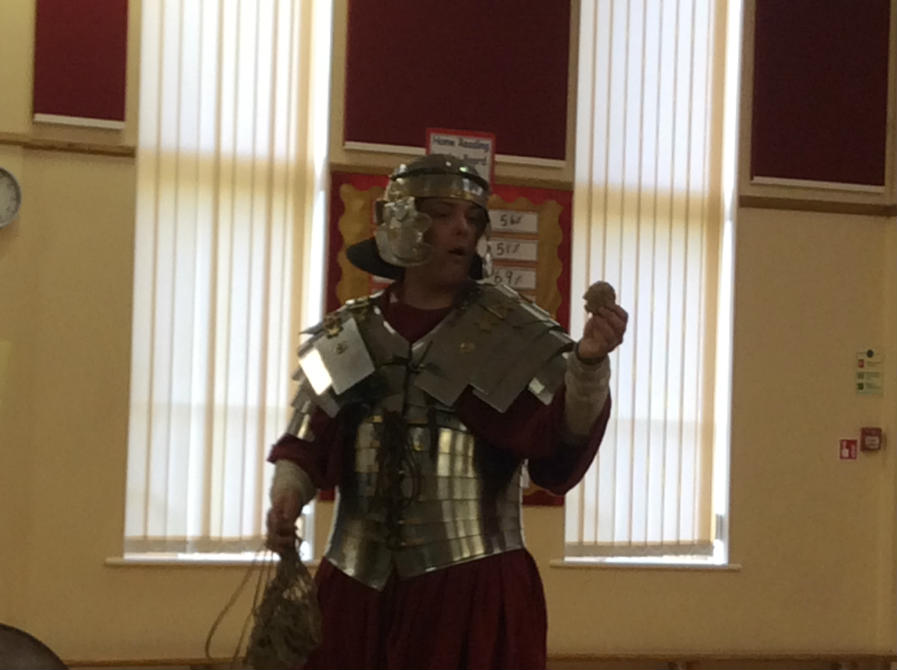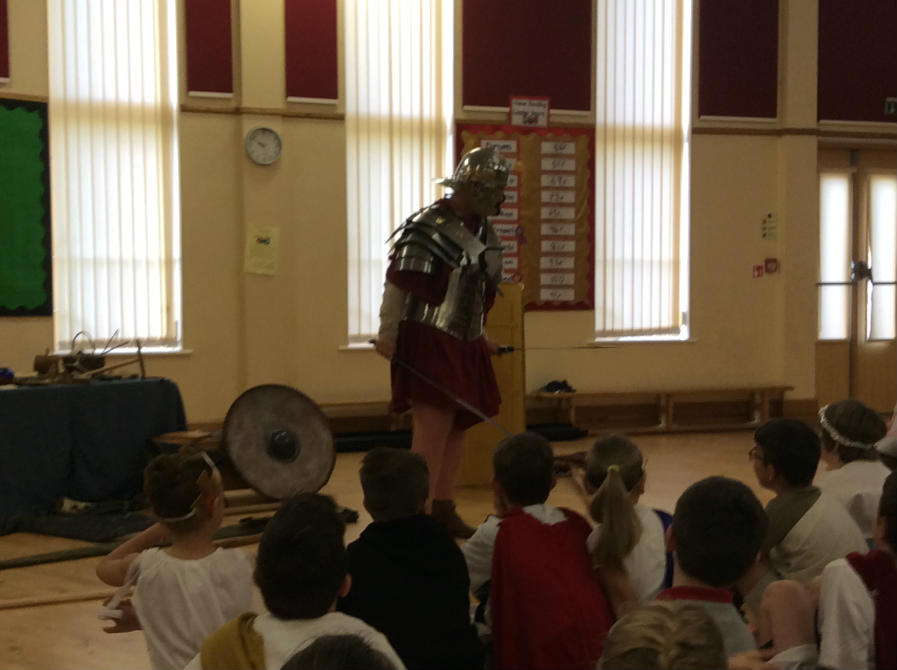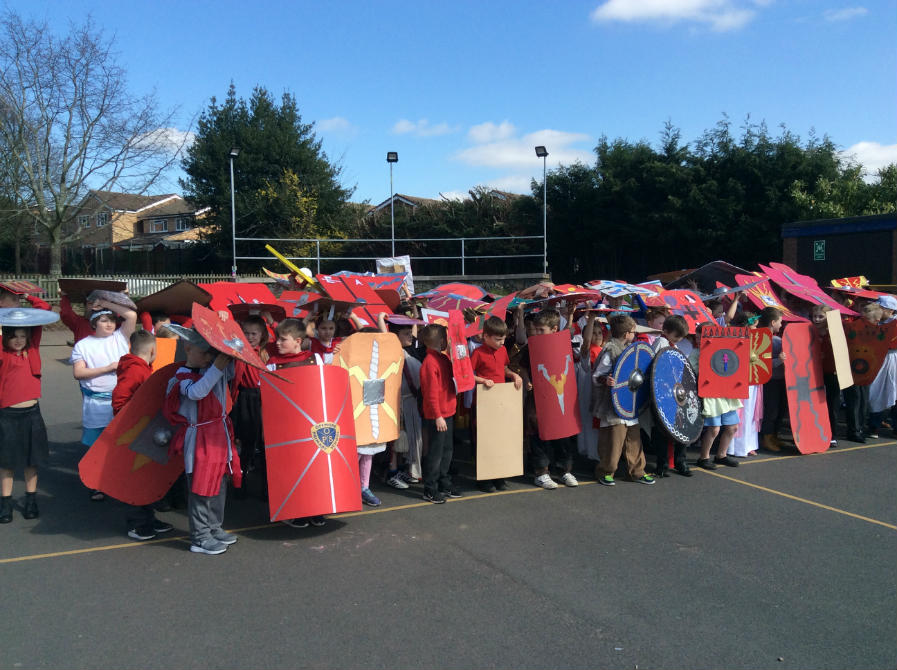History
Curriculum progression and knowledge organiser
history knowledge and skills progression.pdf
History in the Early Years
Studying History gives children the opportunity to develop an understanding of why the world and its people are the way they are today. Children are encouraged to ask and answer questions, evaluate evidence and present points of view on what they have learnt.
By the end of Offmore Primary children will have a chronological understanding of British History from Stone Age to present day and will be able to draw comparisons and make connections between different time periods and their own lives.
To be a Historian at Offmore Primary means you have:
- An excellent knowledge and understanding of people, events, and contexts from a range of historical periods and of historical concepts and processes.
- The ability to think critically about history and communicate ideas very confidently in styles appropriate to a range of audiences.
- The ability to consistently support, evaluate and challenge their own and others’ views using detailed, appropriate and accurate historical evidence derived from a range of sources.
- The ability to think, reflect, debate, discuss and evaluate the past, formulating and refining questions and lines of enquiry.
- A passion for history and an enthusiastic engagement in learning, which develops their sense of curiosity about the past and their understanding of how and why people interpret the past in different ways.
- A respect for historical evidence and the ability to make robust and critical use of it to support their explanations and judgments.
- A desire to embrace challenging activities, including opportunities to undertake high-quality research across a range of history topics
How is History taught at Offmore Primary?
In Early years activities are panned in relation to “Understanding the world” The children’s progress and achievements are assessed against The Early Learning Goals at the end of Reception. History in the early years is very much focused on the memories of the child. They may be asked to remember a special event or routine or custom for their family. They will talk about differences between different family members or different generations. Activities are planned in a cross curricular way through topic areas that are engaging and enjoyable.
During key stage one and two, History is used to develop children’s chronological understanding using appropriate vocabulary and identifying different ways that the past is presented. Each History topic is carefully planned to allow regular opportunities for extended writing too. Based on the historical content they have been focusing on that unit, children will produce pieces of quality writing which are then marked according to our literacy guidelines. This enables them to use the vocabulary they have learnt creatively as well as familiarising them further with the range of writing types and genres they cover throughout the school. This is also an opportunity to consolidate writing skills and reapply them in an alternative and more independent context, this type of activity also allows the children to put themselves in the shoes of the historical characters they are learning about and approach their learning from a different perspective.
At Offmore Primary History is enhanced with a range of different sources including, stories, artefacts, written accounts, visitors, themed days, hands on experiences and trips as well as family learning opportunities.
History is assessed against the Offmore Primary curriculum progression document which reflects the National Curriculum objectives.
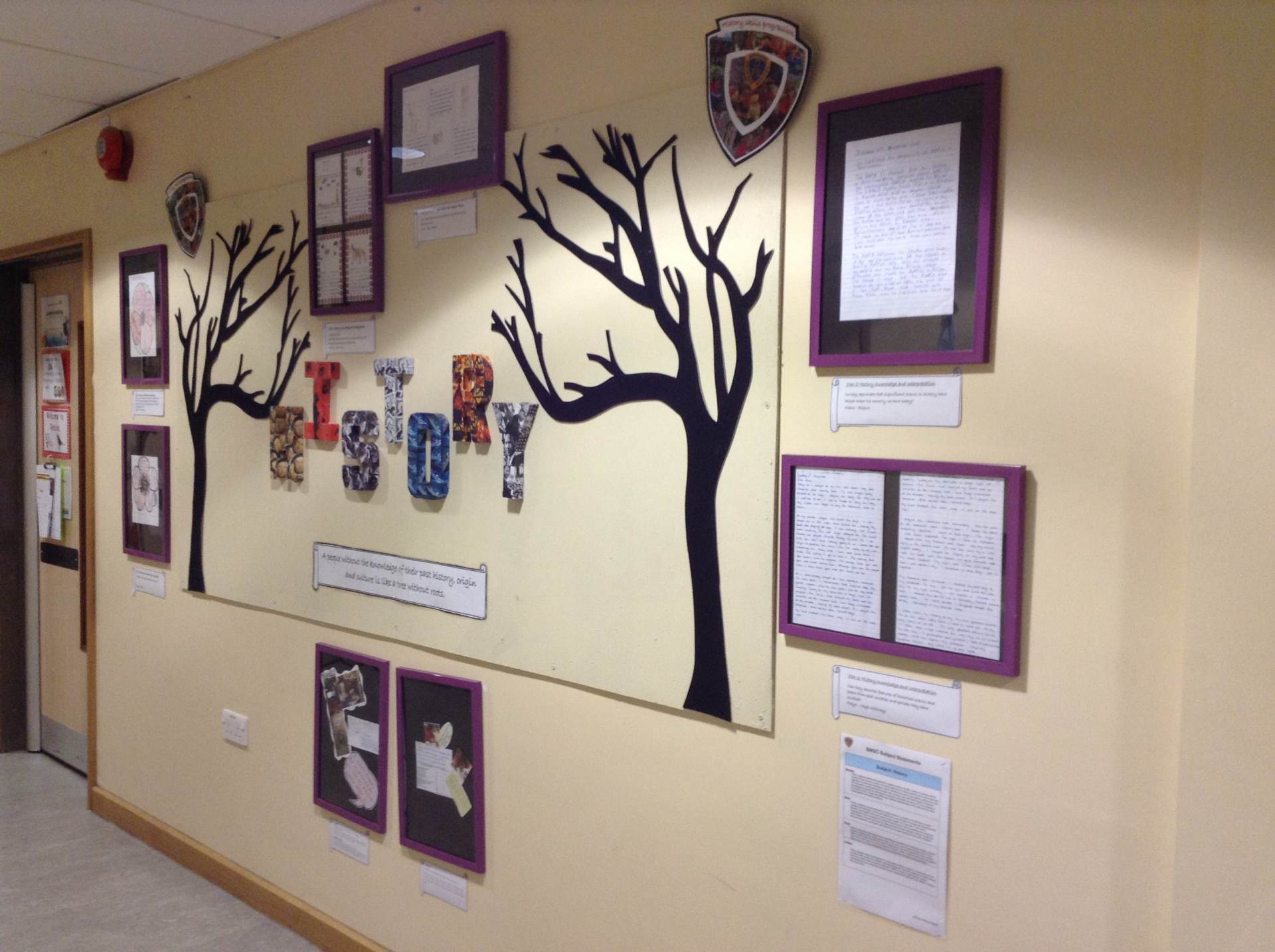
Inclusion in History
send curriculum inclusion history.pdf
Spiritual, Moral, Social and Cultural Development in History
Further support and useful websites
Here are some fantastic websites you can visit to help you learn about the past...
https://www.britishmuseum.org/learning.aspx
https://www.geffrye-museum.org.uk/learning/walk-through-a-victorian-house/walk-through/
http://www.bbc.co.uk/history/interactive/games/mummy_maker/index.shtml
http://www.bbc.co.uk/history/interactive/games/viking_quest/index_embed.shtml
http://www.bbc.co.uk/schools/primaryhistory/famouspeople/
http://www.stalbansmuseums.org.uk/historyhunt/
http://www.schoolsliaison.org.uk/kids/bombdamage.htm
http://www.bbc.co.uk/schools/dynamo/history/stepback.shtml
http://www.bbc.co.uk/history/forkids/
http://www.primaryhomeworkhelp.co.uk/history/
